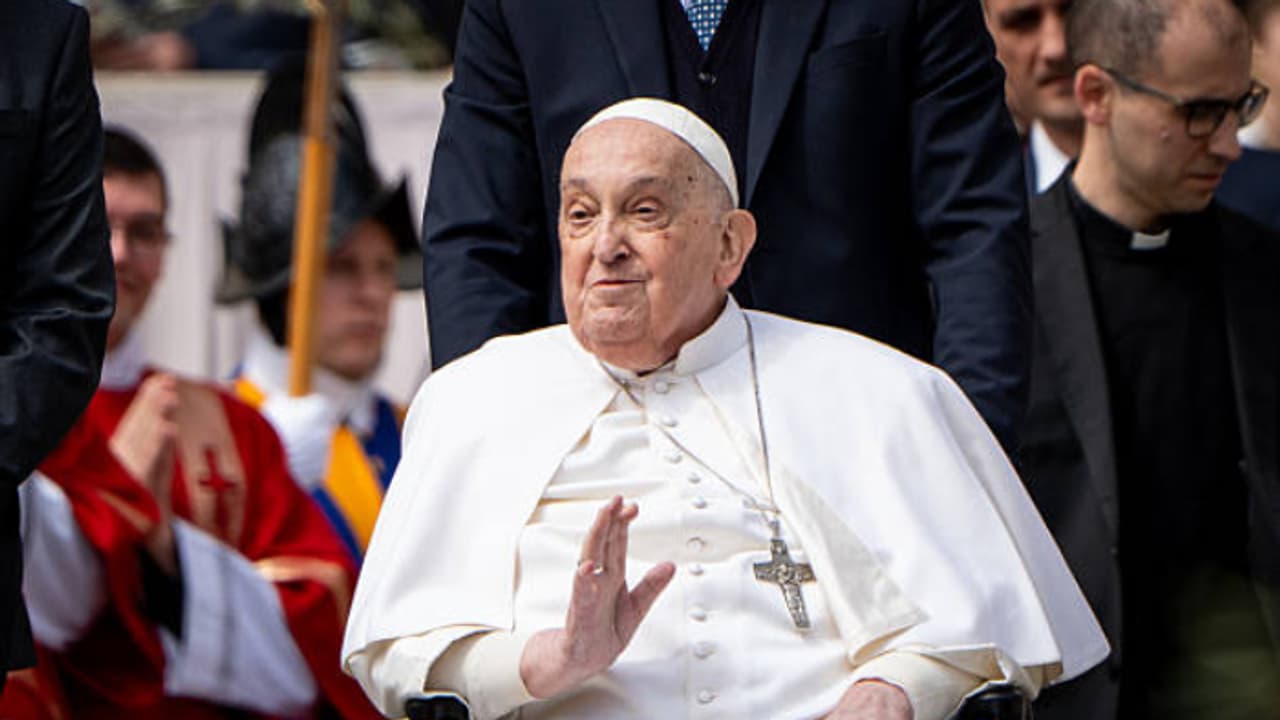After Pope Francis' death, cardinals will meet in the Sistine Chapel to select his successor. Candidates must be baptized Catholic males, unmarried, and hold roles like bishop, cardinal, or priest.
Vatican: The sudden passing of Pope Francis on Easter Monday sent shockwaves worldwide. Cardinal Kevin Ferrell, the Vatican camerlengo, confirmed the news of Pope Francis' death on Easter Monday, saying:

"The Bishop of Rome, Francis, returned to the home of the Father. His entire life was dedicated to the service of the Lord and of his Church.
"He taught us to live the values of the Gospel with faithfulness, courage, and universal love, especially for the poorest and most marginalized. With immense gratitude for his example as a true disciple of the Lord Jesus, we commend the soul of Pope Francis to the infinite, merciful love of God, One and Tribune."
After the death of Pope Francis, the cardinals are required to gather in the Sistine Chapel for a private meeting to choose his successor. This selection process follows strict protocols and ceremonies, along with specific qualifications for candidates.
Why are women excluded from papal candidacy?
The individual selected must be a baptized Catholic male who is unmarried. They must hold one of the following positions: bishop, cardinal, priest, deacon, or layperson. Women are excluded from the papal candidacy due to the Catholic Church's prohibition on female priests.
Canon Law (Canon 1024) states: “Only a baptised man can validly receive sacred ordination.”
The Catholic Church upholds the belief that Jesus selected only men as apostles, a practice further solidified by Pope John Paul II in 1994. Since the early days of the Church, no woman has been ordained as a priest. Though a legend suggests that a woman, Pope Joan, once served as pope while disguised as a man, historians widely regard this as a myth. Despite this, women hold significant roles within the Church as theologians, abbesses, and nuns.
According to Michele Dillon, a sociologist from the University of New Hampshire specializing in American Catholic culture, Catholics tend to prefer that religious duties be performed by men, as Jesus himself was male.
In 2023, Pope Francis reiterated the Church's stance on male-only ordination, a position that was also upheld by his predecessor, Pope John Paul II. In addition to gender requirements, papal candidates must meet other criteria, including being at least 35 years old and having formal education in Biblical studies, theology, or canon law.


